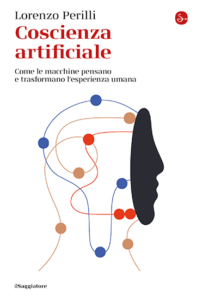
Lorenzo Perilli: Generative Artificial Intelligence. How have we come so far?
Lorenzo Perilli, Director of the Department of Literature, Philosophy and Art History at the University of Rome Tor Vergata, is a philologist and historian of
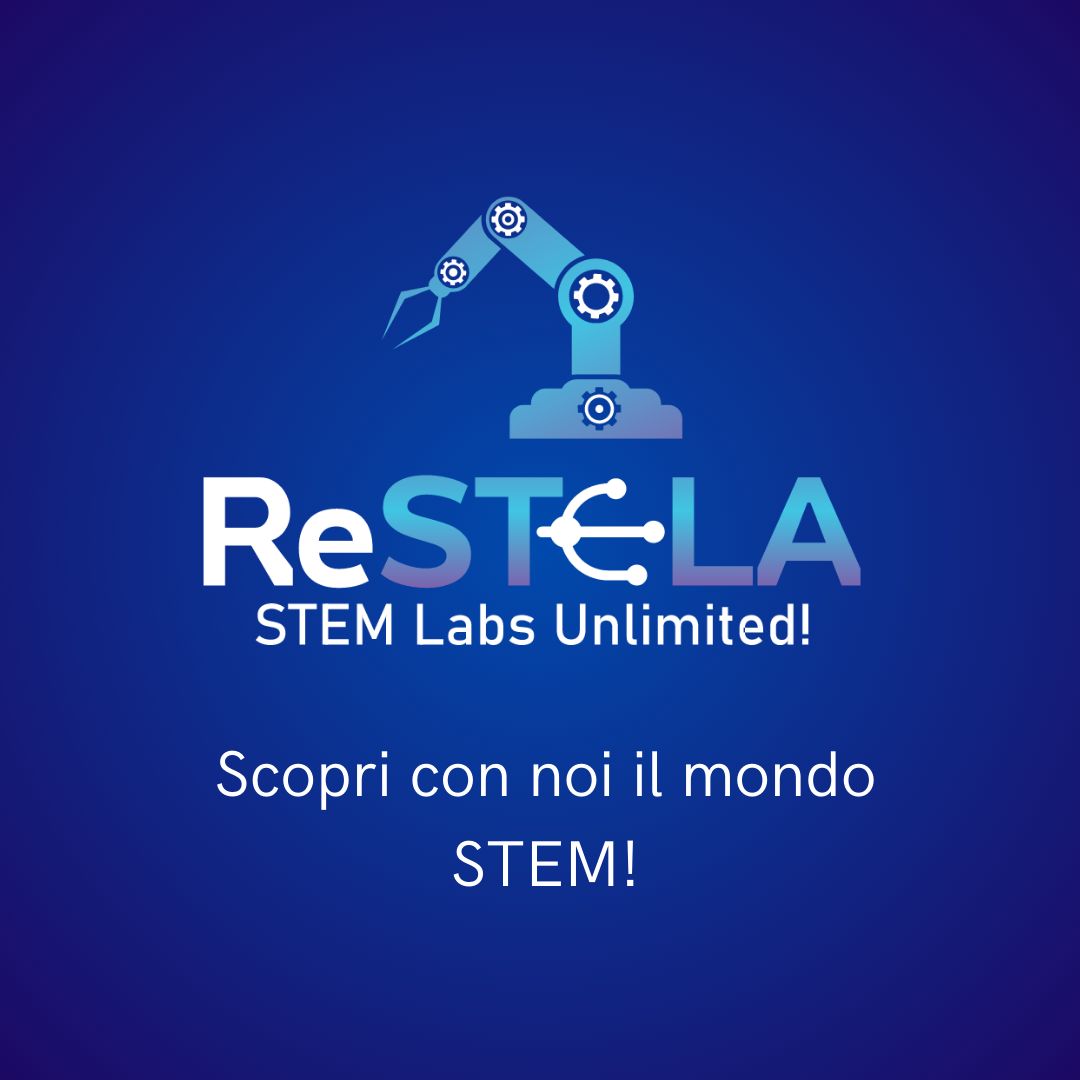
Free workshop
24 July 2024 – h. 9-13
School of Robotics
Genoa, via Balbi 1a
ReSTELA is an Erasmus+ co-funded project whose aim is to provide online access to various STEM labs to teachers and students, especially those living in remote areas. The coordinator of ReSTELA is the European Centre for Emerging Competencies and Technologies in Cyprus. School of Robotics is a partner in the consortium, with the TalTech IT College of the Faculty of Informatics at Tallinn University of Technology in Estonia.
Participants in the 24 July seminar in Genoa will have the opportunity to learn about and experience the innovative methodologies developed by the ReSTELA project. Here are the digital and robotic technologies on which you will be able to experiment:
BBC micro:bit, Arduino, robotic arms and humanoid robots.
BBC micro:bit: is a small, versatile and easy-to-use development board for educational activities, from grade 1 to grade 2 – it can even be used in primary school! It can be used to teach the rudiments of programming: students can try their hand at writing simple lines of code, learning to understand the logic behind the operation of the electronic devices they interact with every day. With micro:bit, it is possible to acquire real-time data on physical phenomena, the construction of wearable computers or robots, and above all, to learn programming right from primary school!
NAO, humanoid robot: it is among the most complete humanoid robots on the market in terms of functional and technical capabilities. High-performance, multitasking and interactive, it can be programmed using several programming languages (Chorégraphe, Python, C++).
Arduino: is a hardware platform consisting of a series of electronic boards equipped with a microcontroller. With Arduino, small devices such as light controllers, speed controllers for motors, light sensors, temperature and humidity control automatisms and many other projects using sensors, actuators and communication with other devices can be realised relatively quickly and easily. Participants will practice with Arduino outputs: LEDs, buzzers, OLED displays (emitted light created through the interaction of live, carbon-based organic molecules deposited on a thin film to which the necessary electrodes are attached).
DexArm: a multifunctional robotic arm that can be used for a wide range of applications: 3D printing, laser engraving, etc. Participants will try their hand at designing the robotic arm.
To register: here
Places are limited, please book your place now. Participants will receive a 4-hour Certificate of Participation, valid as certification in accordance with Directive 170/2016 for teachers. If you are unable to attend once you have registered, please notify us in good time so that we can free up places for other participants.
24 July2024
Programme
9:00 – 9:15: Registration of participants
9:15 – 9:45: Introduction to the ReSTELA project
9:45 – 11:00
NAO, humanoid robot
Movement exploration with NAO
Practice with the simulator and connection to the real robot
11:00 – 11:45: Arduino
Introduction to outputs with Arduino
Practice with output devices (LED, buzzer, OLED display)
11:45 – 12:30: DexArm
Introduction to robot movements
Robot artist: drawing with DexArm
12:30 – 13:00: BBC Micro:bit
Introduction and programming of the Micro:bit
Practical demonstration and programming
Conclusions and greetings
For information: pedemonte@scuoladirobotica.it
Find the flyer

Lorenzo Perilli, Director of the Department of Literature, Philosophy and Art History at the University of Rome Tor Vergata, is a philologist and historian of
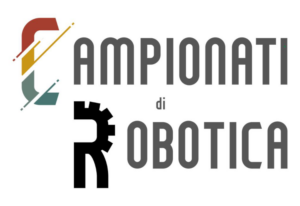
The Italian initiative, promoted by the Ministry of Education and Merit, as part of the Robotics Championships project, aims to enhance students’ scientific and technical
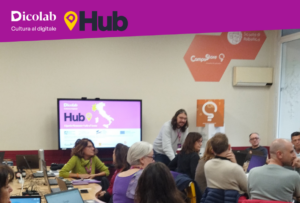
Sold out for the first training day “Dicolab. Cultura al digitale” in Genoa. The 25 places available for the first two courses in Genoa sold
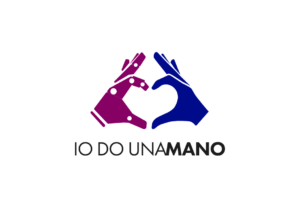
Io Do Una Mano ( I Give a Hand) is a non-profit organization with the goal of helping people – especially children – with congenital
Write here your email address. We will send you the latest news about Scuola di Robotica without exaggerating! Promised! You can delete your subscription whenever you want clicking on link in the email.

© Scuola di Robotica | All Rights Reserved | Powered by Scuola di Robotica | info@scuoladirobotica.it | +39.348.0961616 +39.010.8176146 | Scuola di robotica® is a registered trademark